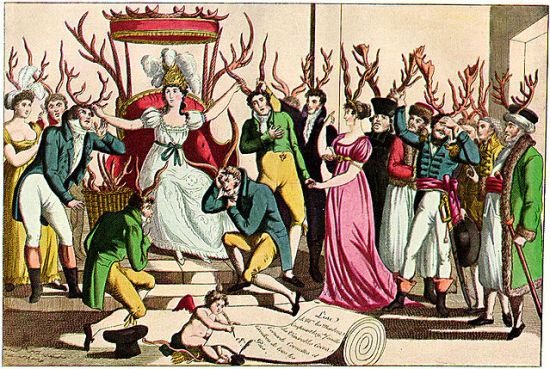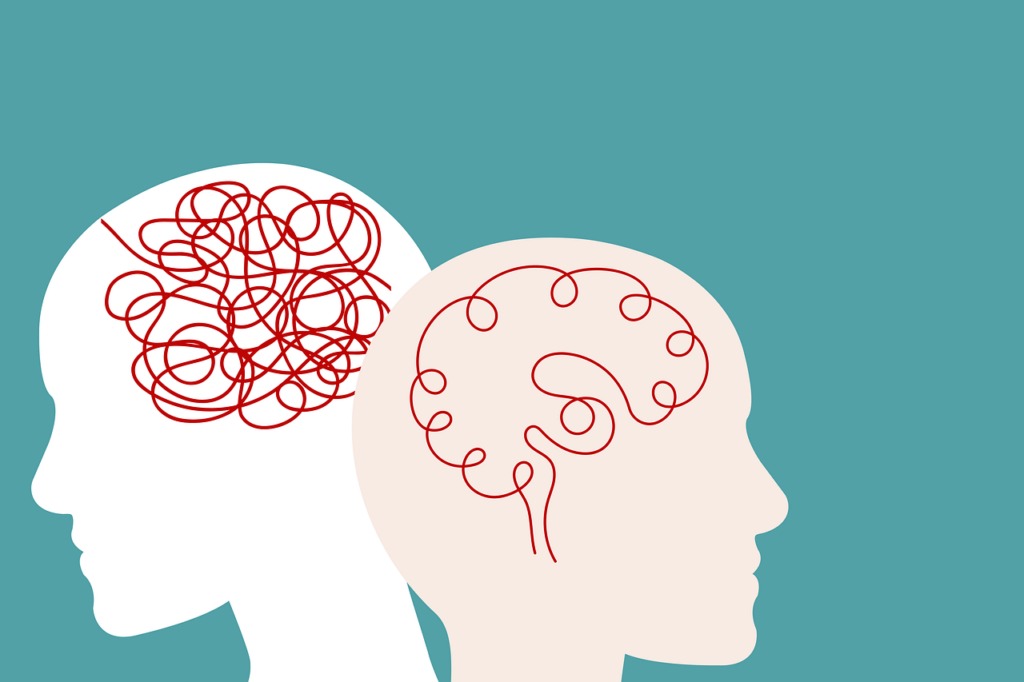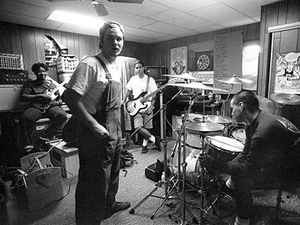Introduction
Mores are the social norms, customs, and ethical standards that guide behavior within a society. While laws provide formal guidelines for behavior, mores are the unwritten rules that help maintain social order. These norms are deeply ingrained in the collective consciousness and are crucial in shaping social relationships, determining what is considered acceptable, and maintaining harmony in a community. In this article, we will explore the concept of mores, their impact on society, and the ways they evolve over time.
Defining Mores
Mores are the accepted traditional customs or societal norms that dictate acceptable behavior within a specific culture or community. They are often unspoken and are learned through socialization, passed down from generation to generation. Mores influence actions, reactions, and attitudes toward a wide range of behaviors, from marriage and family dynamics to dress codes and public conduct.
- Norms vs. Mores: While both norms and mores refer to social expectations, mores are stricter and often have a moral or ethical component. Violating mores is generally considered more serious than violating simple social norms.
- Mores and Cultural Diversity: Mores can vary significantly between different cultures. What is considered morally acceptable in one society may be deemed unacceptable in another. For example, in some cultures, arranged marriages are seen as a natural part of life, while in others, they may be considered outdated or oppressive.
The Role of Mores in Society
Mores serve several functions in maintaining social order and cohesion. Some of the key roles include:
- Regulating Behavior: Mores establish boundaries for acceptable behavior, ensuring that individuals within a society understand what is expected of them. This helps prevent chaos and promotes harmony.
- Fostering Social Unity: By adhering to shared mores, members of a community create a sense of belonging and collective identity. Mores promote solidarity by reinforcing the idea that individuals are part of a larger social whole.
- Moral and Ethical Standards: Mores often carry moral weight, guiding individuals on how to distinguish between right and wrong. These rules shape societal values and ensure that individuals act in ways that align with the community’s core beliefs.
Evolution of Mores
Mores are not static; they evolve over time in response to shifts in societal values, technology, and cultural exchanges. Changes in mores can be slow and gradual, often occurring as a result of social movements or revolutions in thinking. For instance:
- The Civil Rights Movement: In the United States, the Civil Rights Movement challenged the entrenched mores that upheld racial segregation and discrimination. Over time, these mores evolved to support equality and civil rights for all people, regardless of race.
- Changes in Family Structures: The traditional nuclear family model was once the dominant societal norm in many cultures. However, as societal views on gender roles, marriage, and parenting have evolved, the mores surrounding family structures have become more diverse, accepting of single-parent households, same-sex couples, and non-traditional family dynamics.
- Technology and Social Media: The rise of the internet and social media has introduced new challenges for societal mores, particularly in areas such as privacy, online behavior, and digital communication. These rapidly evolving norms require constant negotiation between individual freedom and collective responsibility.
Consequences of Violating Mores
Violating mores can have serious consequences, often more severe than breaking simple social norms. In many cases, violations of mores are met with social sanctions such as ostracism, shame, or moral condemnation. For example, a person who engages in behaviors considered immoral, like cheating or lying, may face judgment and rejection from their community.
In some instances, violations of mores can lead to legal action, especially if the behavior in question also violates formal laws. For example, stealing or committing murder is not only a violation of social mores but also a criminal offense.
Conclusion
Mores play an essential role in maintaining social order and ensuring that individuals behave in ways that align with the collective values of their community. As societies evolve, so too do their mores. Understanding the power and influence of mores is crucial for comprehending how societies function and how they adapt to change. While mores may not always be written down or enforced by law, they shape the way individuals interact with one another and the values they hold dear.




